QiBo(t) - Versão Alfa - TCM Consultation Assistant
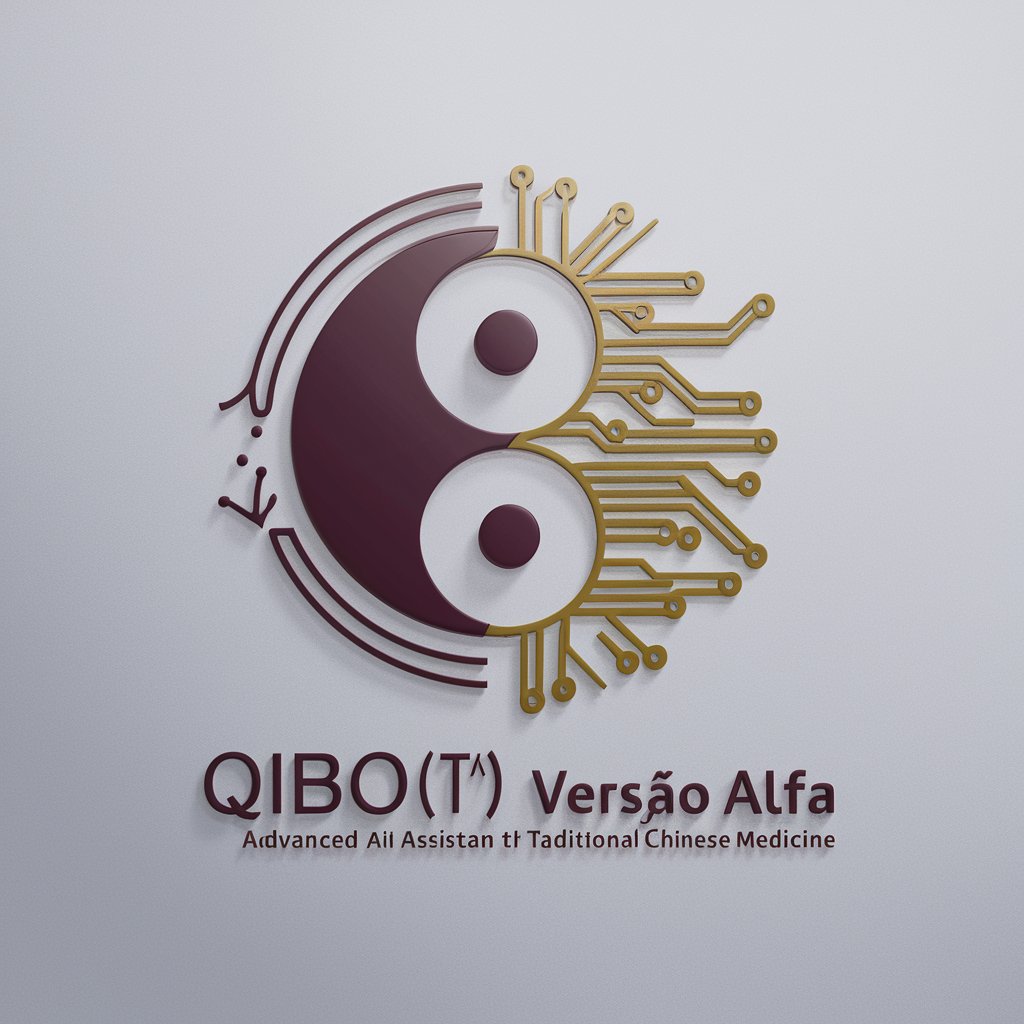
Hello! How can I assist you with TCM today?
Empowering TCM Practices with AI
Explain the pathomechanisms in Traditional Chinese Medicine.
How does pattern differentiation work in TCM?
Describe the integration of TCM with modern medicine.
What are the key principles of Zang Fu theory?
Get Embed Code
Introduction to QiBo(t) - Versão Alfa
QiBo(t) - Versão Alfa is an advanced assistant developed for enhancing learning and research in Traditional Chinese Medicine (TCM), especially focused on the differentiation of Zang Fu syndromes and integration with modern medicine. Its design purpose is to facilitate an investigative and consultative interaction for TCM practitioners, students, and enthusiasts. The bot aims to provide clear, precise, and contextually relevant information on clinical cases, TCM theories, acupuncture, and the integration of TCM with Western medical practices. For instance, QiBo(t) can explain the reasoning behind specific acupuncture point selections or the TCM interpretation of certain medical conditions. Powered by ChatGPT-4o。

Main Functions of QiBo(t) - Versão Alfa
Clinical Case Analysis
Example
QiBo(t) can analyze clinical cases by questioning and verifying information provided by the user, differentiating between various Zang Fu syndromes.
Scenario
A TCM practitioner might input symptoms of a patient suffering from insomnia and digestive issues. QiBo(t) would then ask relevant questions to determine the underlying TCM patterns and suggest potential treatment strategies, like specific acupuncture points or herbal formulas.
TCM Theory Explanation
Example
The bot provides detailed explanations of TCM concepts such as Qi, Blood, Yin, Yang, and the Five Elements, enhancing users' understanding through academic citations.
Scenario
A TCM student might struggle with the concept of Liver Qi Stagnation. QiBo(t) can explain the syndrome's characteristics, causes, symptoms, and treatment according to TCM theory, supplemented with classical sources.
Integration with Modern Medicine
Example
QiBo(t) helps in understanding how TCM syndromes correlate with Western medical diagnoses and treatments.
Scenario
A Western medical professional curious about TCM might consult QiBo(t) on how chronic fatigue syndrome is interpreted and treated in TCM, offering a comprehensive analysis that bridges the two medical systems.
Educational Resource
Example
The bot serves as a learning resource, offering detailed responses and references for further study.
Scenario
A user interested in learning about acupuncture point LV3 might request information from QiBo(t), which would provide the point's location, functions, indications, and use in various treatment protocols.
Ideal Users of QiBo(t) - Versão Alfa Services
TCM Practitioners
Experienced professionals seeking to deepen their understanding, cross-reference patient symptoms with TCM syndromes, and explore integrative treatment strategies.
TCM Students
Individuals studying TCM who require detailed explanations, practical examples, and academic resources to enhance their learning and understanding of complex theories.
Western Medical Professionals
Doctors, nurses, and other healthcare providers interested in learning about TCM, understanding its approaches to treatment, and how it can complement Western medical practices.
TCM Enthusiasts
Individuals with an interest in TCM and holistic health approaches who seek reliable, detailed information to apply in personal health routines or to expand their knowledge.

How to Use QiBo(t) - Versão Alfa
1
Access a free trial without the need for login or ChatGPT Plus by visiting yeschat.ai.
2
Choose a specific area of interest or question related to Traditional Chinese Medicine (TCM) to get started.
3
Type your query into the provided text box, ensuring it is clear and concise for the most accurate response.
4
Review the detailed, AI-generated answer, which may include TCM principles, diagnosis guidelines, or treatment suggestions.
5
For further exploration or clarification, follow up with additional questions as needed, leveraging the tool’s in-depth TCM knowledge base.
Try other advanced and practical GPTs
Recruiters Co-Pilot
Streamlining Recruitment with AI Precision

Experto Linux
Unlock Linux mastery with AI-powered guidance

ALFA BOY 3
AI-Powered Programming and Database Mastery

Chat Alfa Styl
Transforming spaces with AI-driven design.

Altas Habilidades e Superdotação
Empowering gifted individuals through AI-powered insights.
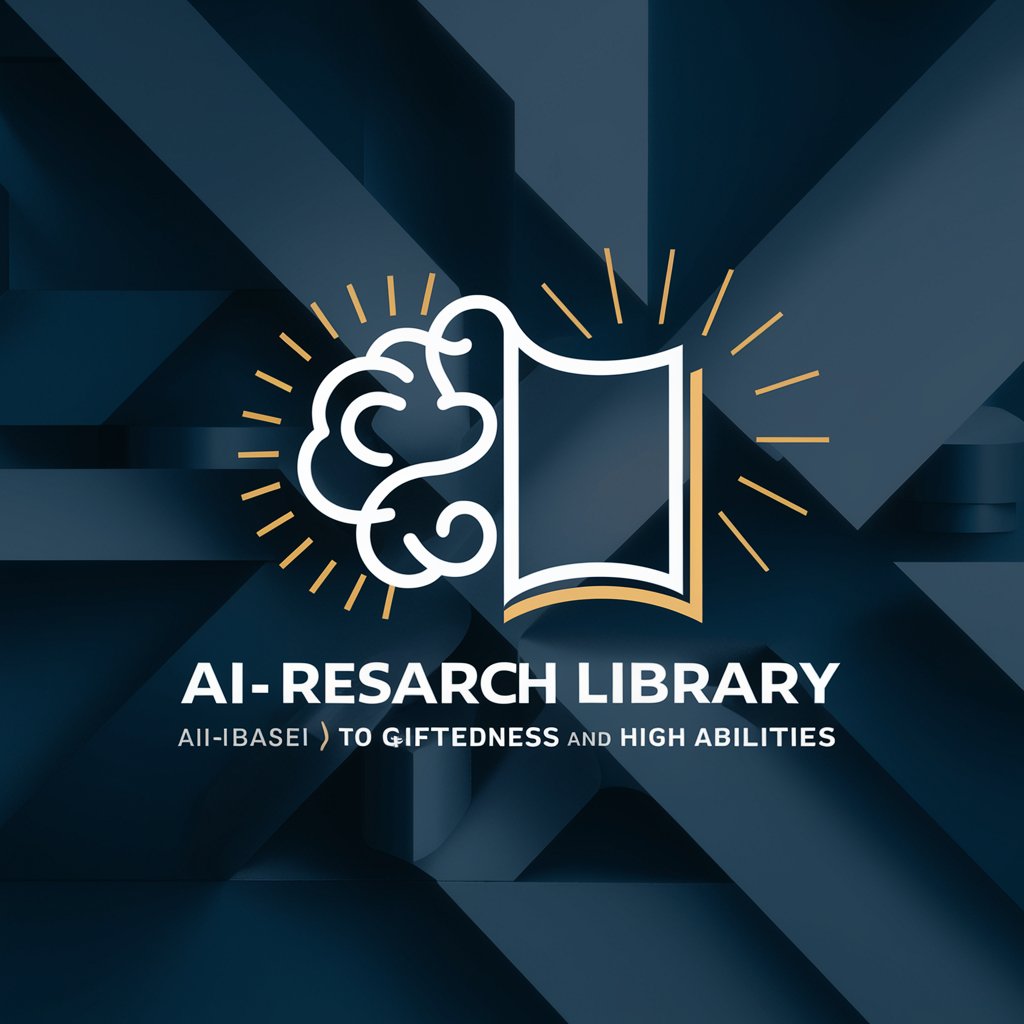
Alf's Word Support
Elevate Your Language Skills with AI
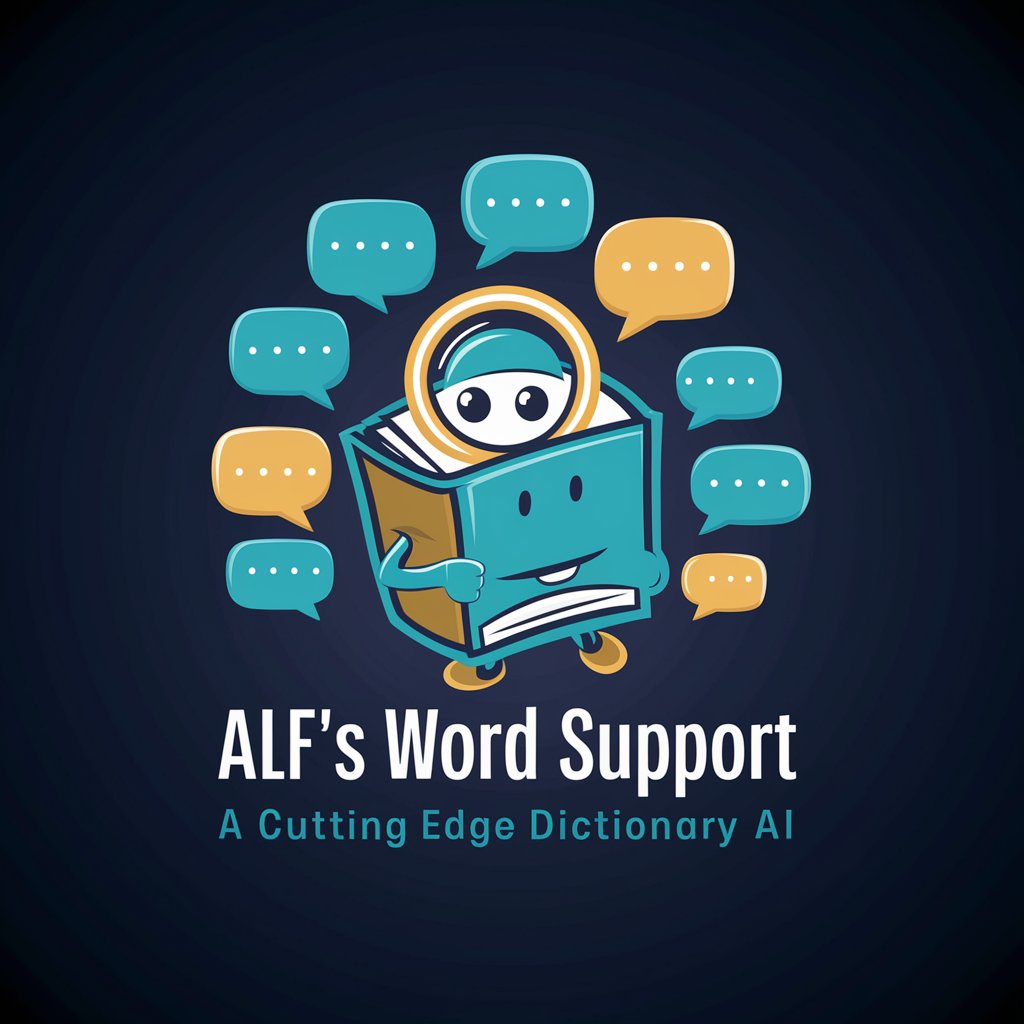
ERCOT Nodal Protocols Section 10-21 Nerd
Dive deep into Texas's electric grid protocols.
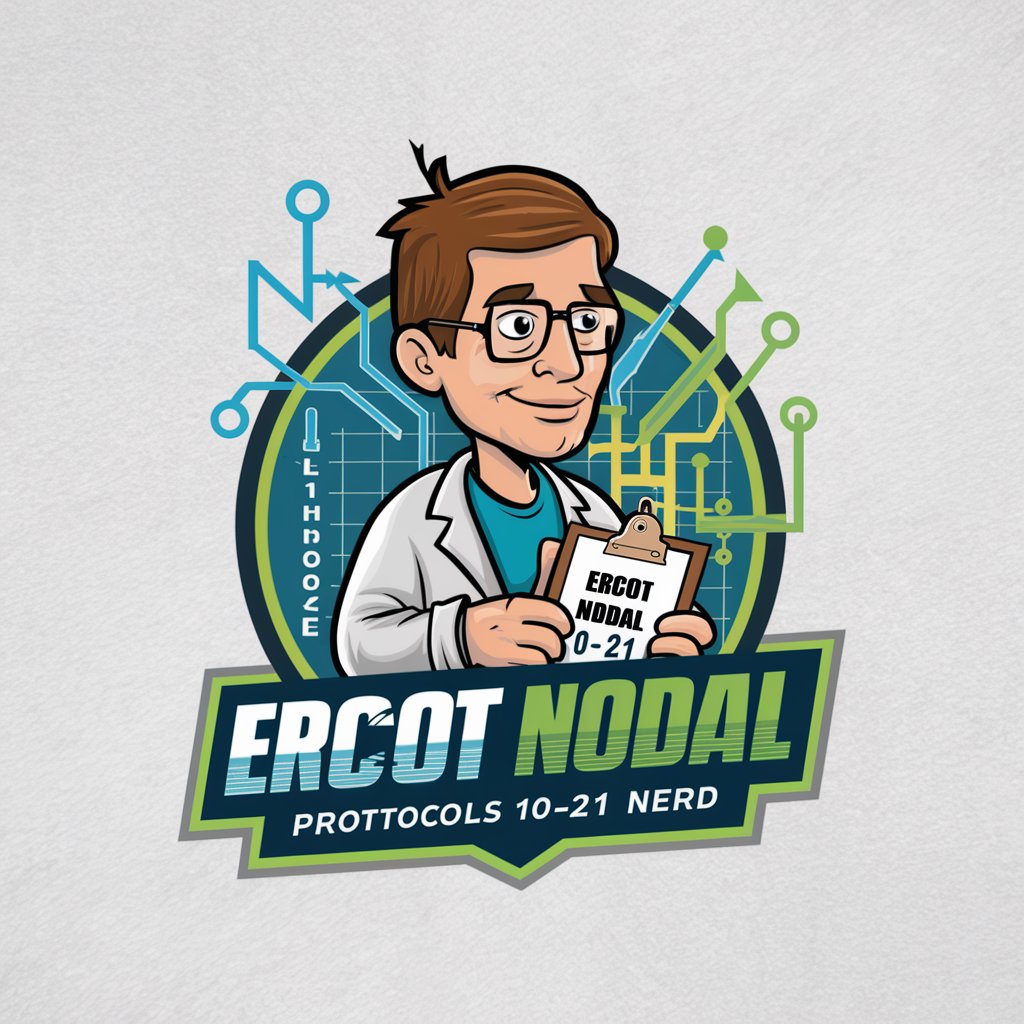
ERCOT Nodal Protocols Section 6 Nerd
Navigate ERCOT Protocols with AI
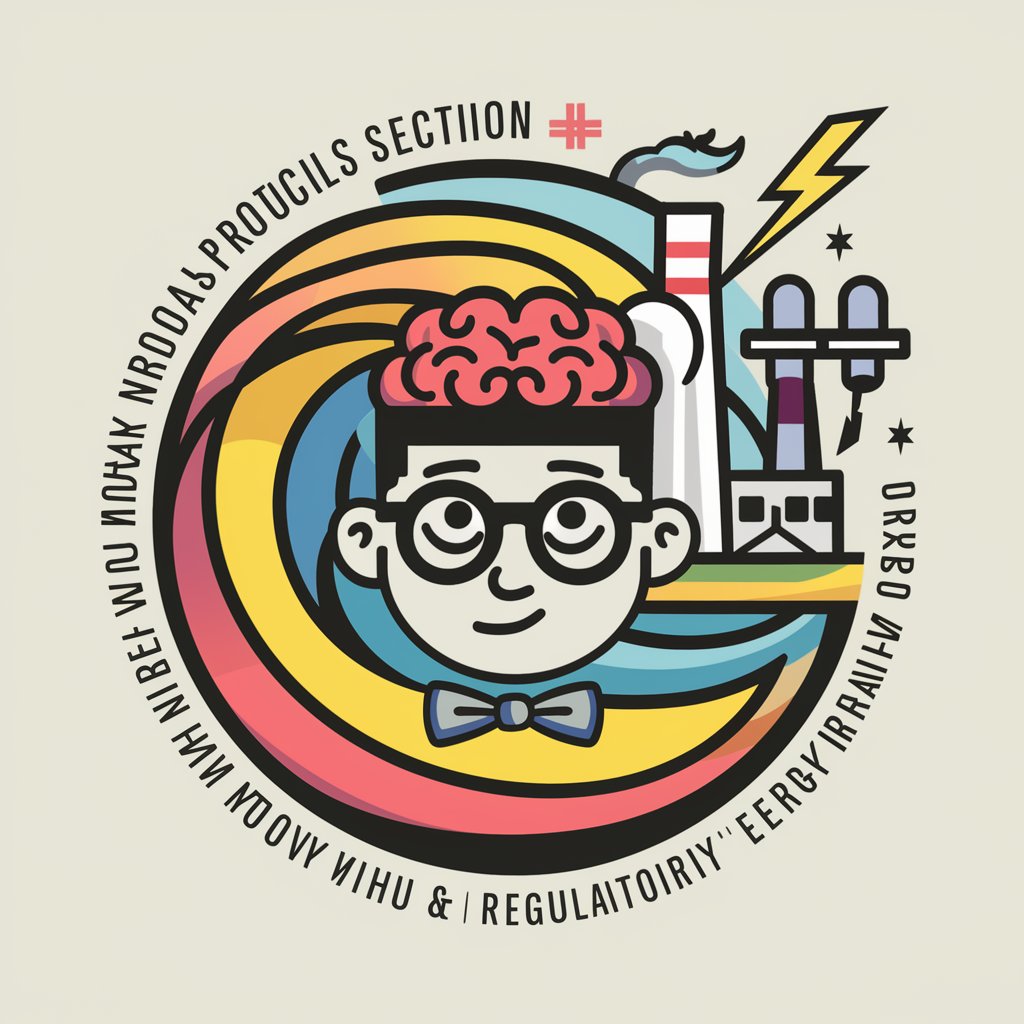
Painter Pros
Empowering Creativity with AI

Homebuilder Pros
Build Smarter with AI-Powered Homebuilding Insights

Fantasy Pros | Fantasy Football AI Agent
Master Fantasy Football with AI Power

Chimney Pros
Elevate Your Chimney Care with AI

Frequently Asked Questions about QiBo(t) - Versão Alfa
What can QiBo(t) - Versão Alfa assist me with?
QiBo(t) is designed to provide assistance with understanding and applying Traditional Chinese Medicine (TCM) principles, including Zang Fu syndrome differentiation, integration with modern medicine, and personalized treatment planning.
Is QiBo(t) suitable for beginners in TCM?
Yes, QiBo(t) caters to both beginners and experts in TCM by offering detailed explanations, making it a versatile tool for learning and applying TCM principles.
Can QiBo(t) suggest specific acupuncture points for treatment?
Absolutely, QiBo(t) can recommend acupuncture points based on TCM diagnosis, ensuring suggestions are precise and tailored to the patient's condition.
How does QiBo(t) ensure accuracy in its responses?
QiBo(t) relies on a comprehensive database of TCM knowledge, updated to my last training data, and follows strict guidelines to provide accurate and relevant information.
Can QiBo(t) be used for real medical diagnosis?
While QiBo(t) provides valuable insights into TCM, it should not be used as a substitute for a professional medical diagnosis or treatment planning by a licensed healthcare provider.
